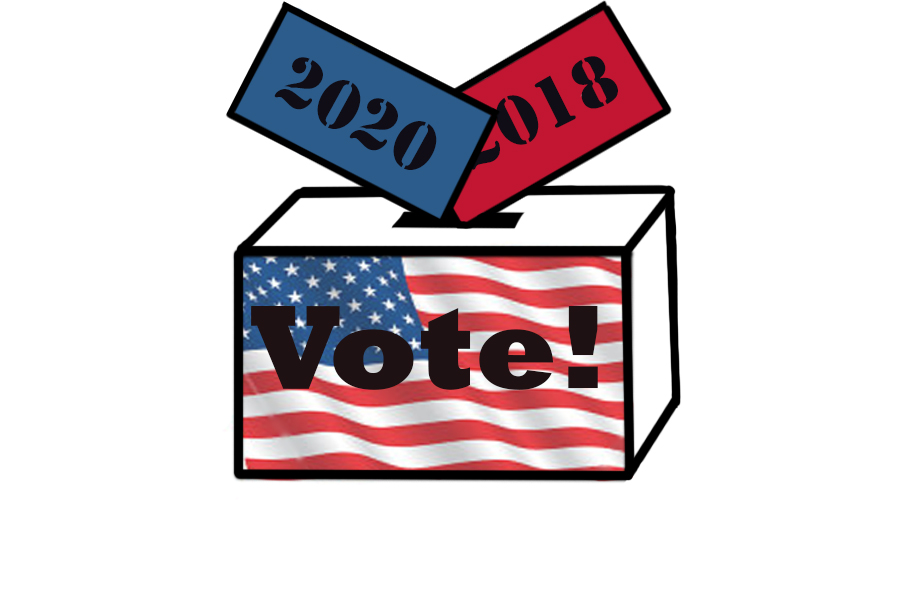Attention to politics crucial for millennials in early 2020 campaigning
By most estimates, the 2016 presidential election lasted well longer than a year and a half. It was one of the longest elections the country has ever seen.
Many citizens reported being “exhausted” by the length and drama of the campaign, but politicians from both sides of the aisle have pushed these complaints aside.
Barely six months after Donald Trump was elected president, shadowy campaigns are forming, drawing in donors and voters alike.
It is unsurprising the Democrats are beginning their push to the White House early, with several well-known characters at the head: Joe Biden, Elizabeth Warren and Bernie Sanders.
What is shocking, however, is the sheer number of Republicans who are also laying the groundwork for their 2020 campaigns.
Gov. John Kasich, a 2016 candidate, has refused several times to deny that he will be on the ballot in 2020, regardless of whether Trump runs for a second term.
The vice president himself is said to be building his own support, going so far as to create his own super PAC.
He currently denies this is indicative of a 2020 run, with a spokesperson claiming the PAC is meant to “provide resources for the vice president to actually support candidates who are supportive of the president’s agenda.”
Regardless, he has been speaking at key events and talking to big donors. Some outspoken Republicans have been more vocal about their desire to take the White House from Trump in 2020. Bill Kristol has gone so far as to suggest creating a “Committee Not to Renominate the President.”
As young voters, it is important to stay informed of these political events, even as campaigns stretch longer each election.
It is easy to listen to the voices of older generations, berating millennials for being indifferent to the political landscape or too lazy to be involved with the governmental process.
Several studies have proven both descriptions wrong, though political priorities have shifted within the younger generation.
Millennials are extremely involved in their communities, rallying 14.5 million volunteers in 2013 alone. Rather than get out and vote, millennials would rather get out and volunteer.
While this statistic is remarkable, it does not make up for the fact that millennials are underrepresented in the ballot box.
Most millennials report having little to no trust in the government, and only 10 percent of millennial women trust the government according to last year’s Millennial Impact Report.
This generational phenomenon leads to fewer and fewer millennials trekking to the polls each election. In 2016 Hillary Clinton did manage to win the millennial vote, but her numbers were drastically lower than those of Barack Obama in 2012.
Candidates are keeping the curtains shut on their electoral efforts, but it is time for millennials to push them aside. As the most populous generation in the nation, it is our responsibility to remain invested rather than fall prey to the apathy that surrounded the last election.
This is an opinion article and does not reflect the views of The Tulane Hullabaloo. Jordan is a freshman at Newcomb-Tulane College. She can be reached at [email protected].
Your donation will support the student journalists of Tulane University. Your contribution will allow us to purchase equipment and cover our annual website hosting costs.

















Leave a Comment